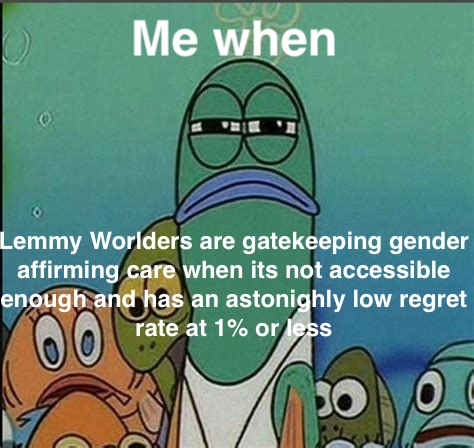this post was submitted on 17 Feb 2025
-16 points (36.7% liked)
FediLore + Fedidrama
2159 readers
359 users here now
Rules
- Any drama must be posted as an observer, you cannot post drama that you are involved with.
- When posting screenshots of drama, you must obscure the identity of all the participants.
- The poster must have a credible post and comment history before submitting a piece of history. This is to avoid sock-puppetry and witch hunts.
The usual instance-wide rules also apply.
Chronicle the life and tale of the fediverse (+ matrix)
Largely a sublemmy about capturing drama, from fediverse spanning drama to just lemmy drama.
Includes lore like how a instance got it's name, how an instance got defederated, how an admin got doxxed, fedihistory etc
(New) This sub's intentions is to an archive/newspaper, as in preferably don't get into fights with each other or the ppl featured in the drama
Tags: fediverse news, lemmy news, lemmyverse
Partners:
founded 2 years ago
MODERATORS
you are viewing a single comment's thread
view the rest of the comments
view the rest of the comments

I'm trans and I support therapy before HRT, but I disagree with the sentiment that it's because of possibilities of regret. I believe that gender-focused therapy helps one prepare for the changes and challenges they will endure on HRT - it's a big step, afterall. Approaching medical transition with strong mental health is essential to wellbeing while undergoing difficult and impactful changes.
For context, when I started on HRT in the early 2010s it was normal to be required to have a panel interview with your therapist, another mental health professional, and a medical doctor (with whom you had had a physical exam and blood tests) to present your case and ensure that HRT was the best treatment option before starting. It was a rite of passage for trans people who pursued HRT. I'm glad that things have gotten easier now, but at the time it helped me feel certain that I was ready and fully prepared.
Honestly, therapy is an almost necessary part of gender-affirming care. It doesn't just prepare you or help you go through it, it's fully part of it.